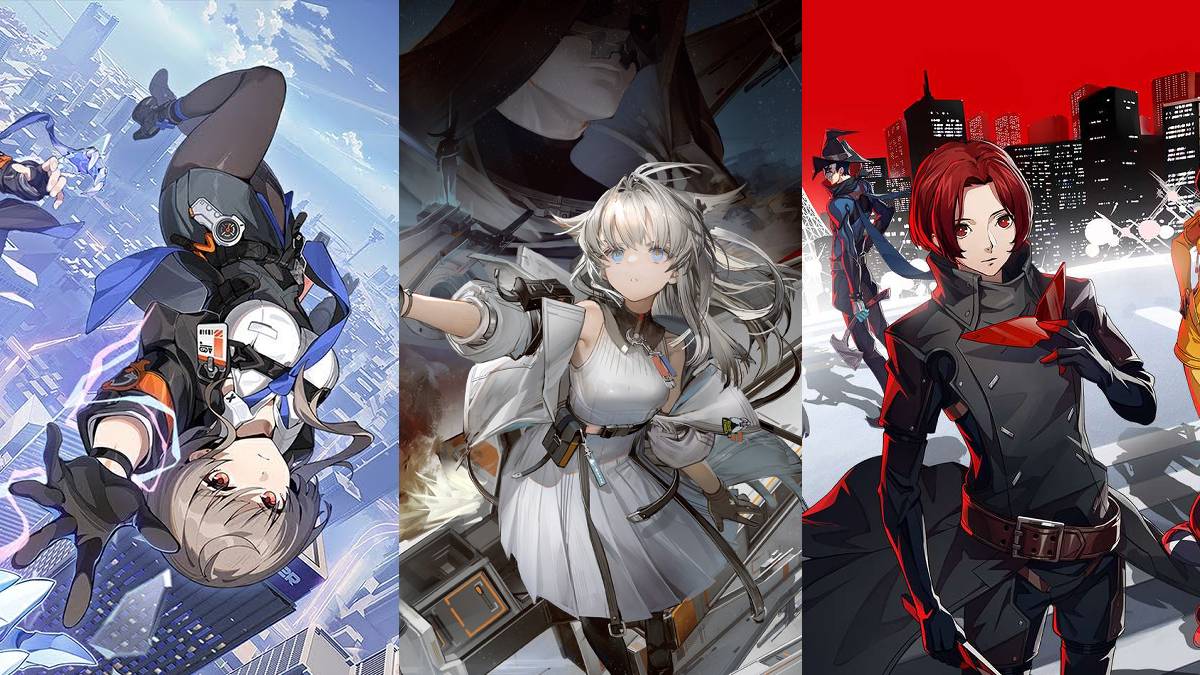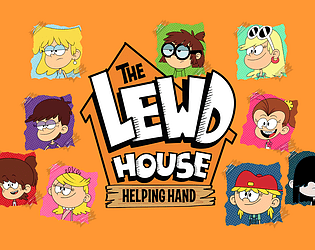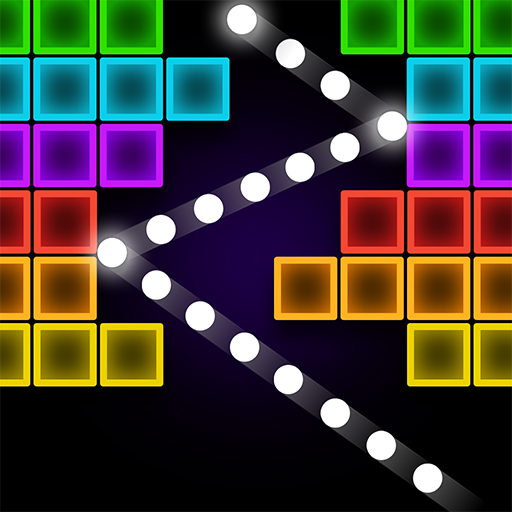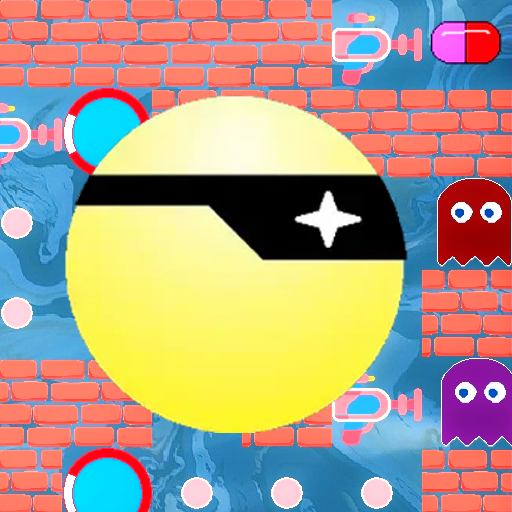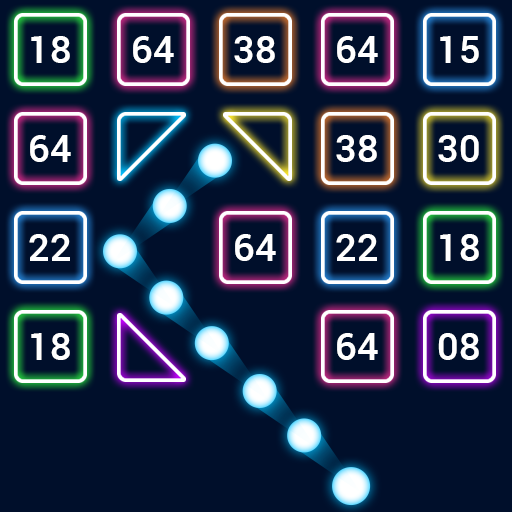Ashly Burch Worried About AI's Impact on Game Art
Horizon actor Ashly Burch has recently addressed a leaked AI Aloy video, using it as a platform to highlight the concerns of striking voice actors. Last week, The Verge reported on an internal Sony video that showcased technology featuring Aloy from the Horizon series to demonstrate AI-powered characters. Sony has yet to respond to IGN's request for comment.
In the video, which has since been deleted, Sony Interactive Entertainment's director of software engineering, Sharwin Raghoebardajal, engaged in a conversation with an AI-powered Aloy using voice prompts and AI-generated speech and facial animations. Aloy's response to a query about her well-being was, "Hello, I'm managing alright. Just dealing with a sore throat. How have you been?" The voice was noticeably robotic, similar to text-to-speech generators, and Aloy's facial animations appeared stiff with lifeless eyes.
The Best PlayStation Character Face-Off
Pick a winner

 New duel
New duel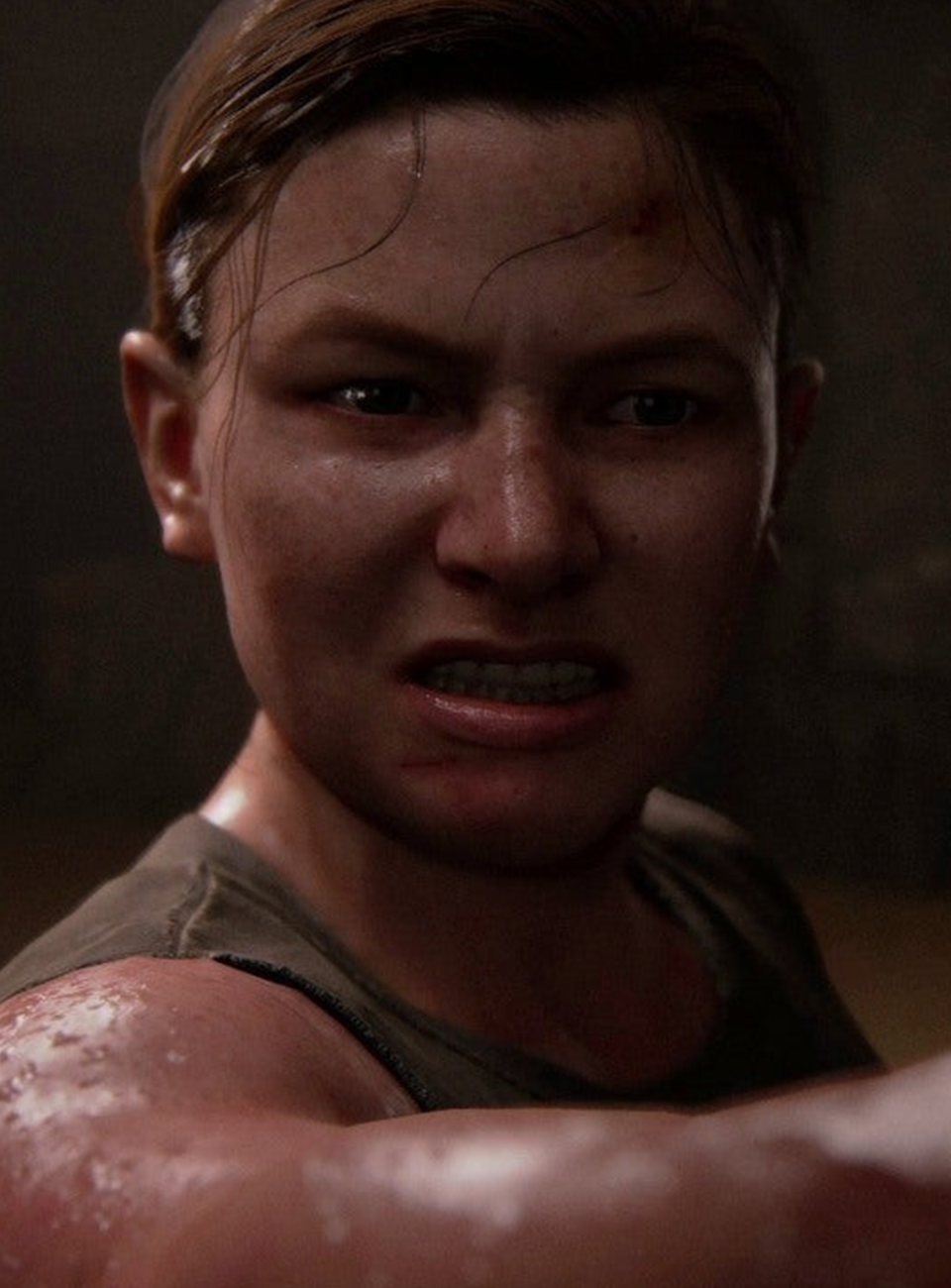 1ST
1ST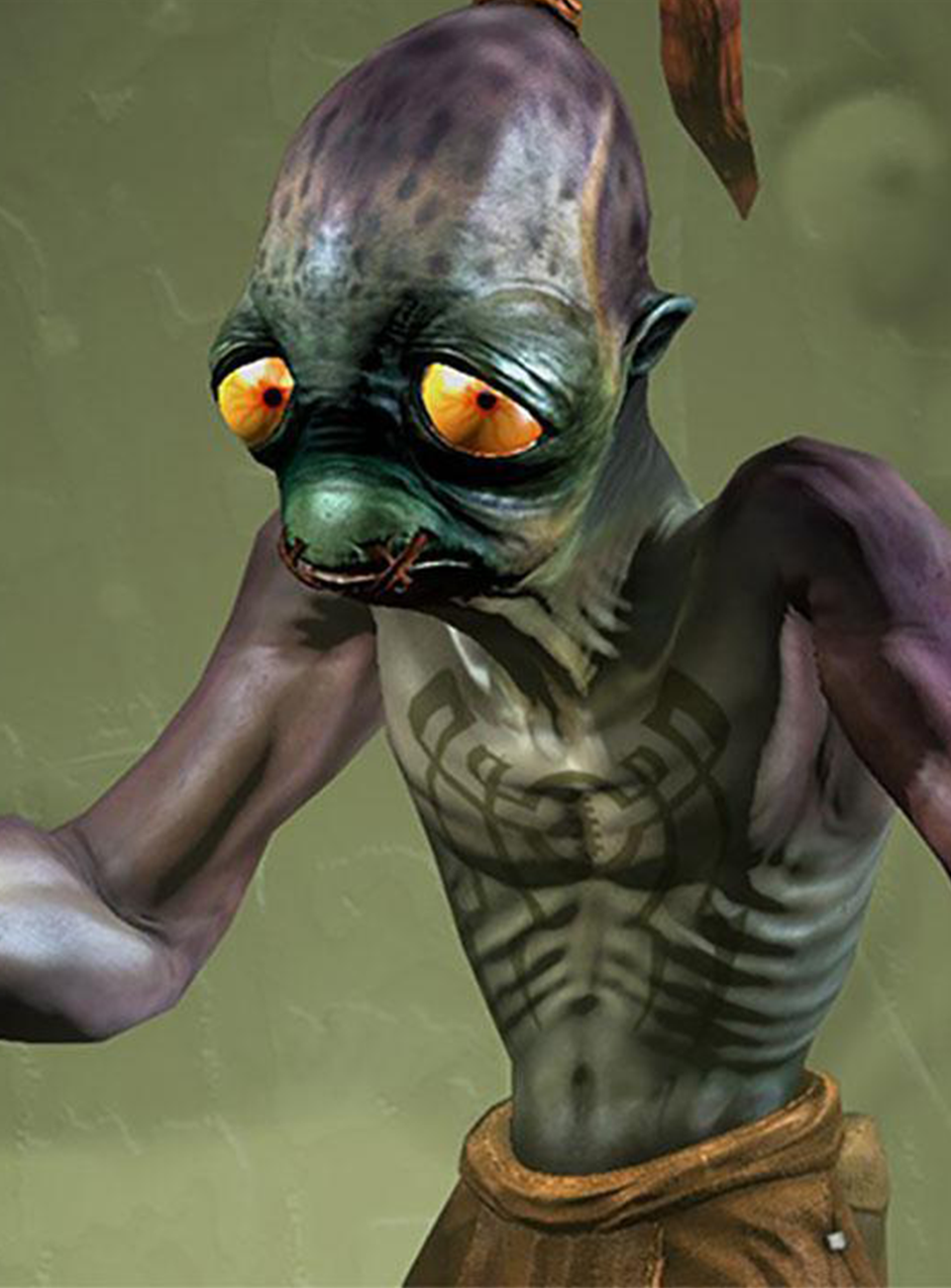 2ND
2ND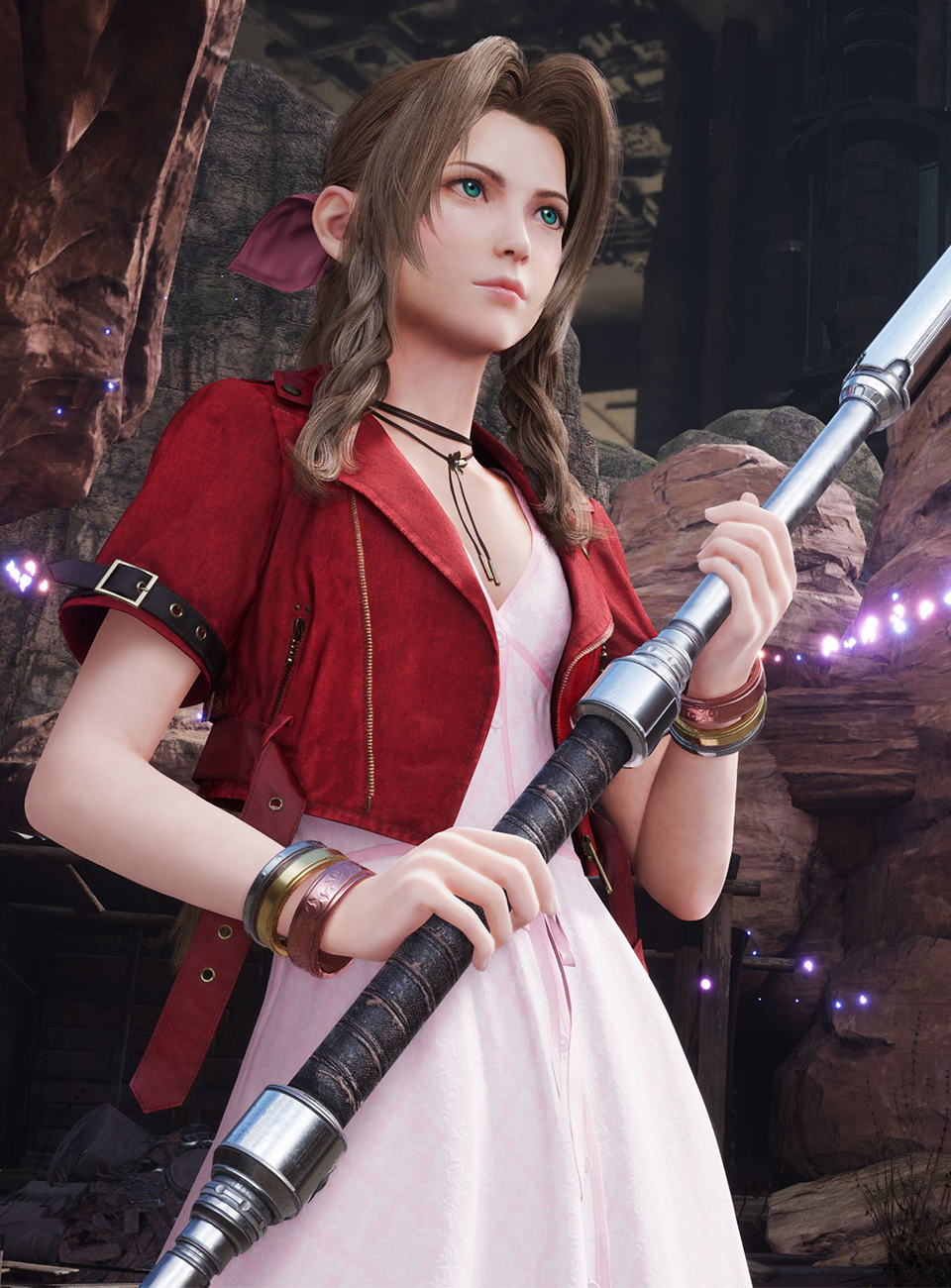 3RDSee your ResultsFinish playing for your personal results or see the community’s!Continue playingSee results
3RDSee your ResultsFinish playing for your personal results or see the community’s!Continue playingSee results
Burch, who has lent her voice to Aloy in all four Horizon video games released to date (Zero Dawn, Forbidden West, Call of the Mountain, and Lego Horizon Adventures), confirmed on TikTok that she had seen the video. She also noted that Horizon developer Guerrilla had informed her that the tech demo was not indicative of anything currently in development and did not utilize any of her performance data. This clarification suggests that AI Aloy will not feature in the upcoming Horizon multiplayer game or the anticipated Horizon 3. However, Burch acknowledged that Guerrilla and Sony Interactive Entertainment own the rights to Aloy.
The AI Aloy video prompted Burch to express her concerns about the future of game performance as an art form. She used the opportunity to discuss the ongoing video game voice actors' strike, which has recently seen significant developments. Last week, the Screen Actors Guild - American Federation of Television and Radio Artists (SAG-AFTRA) updated its members on the negotiations for AI protections in video games, noting progress but also significant disagreements with the industry bargaining group on crucial issues.
Burch emphasized the demands of the striking actors, stating, "Currently what we’re fighting for is, you have to get our consent before you make an AI version of us in any form, you have to compensate us fairly, and you have to tell us how you’re using this AI double." She expressed her fears not about the existence of the technology or its potential use by game companies, but about the lack of protections for actors if their performances were used without consent or compensation.
"I feel worried not because the technology exists. Not even because game companies want to use it. Of course they do. They always want to use technological advancements. I just imagine a video like this coming out that does have someone’s performance attached to it, that does have someone’s voice or face or movement. And the possibility that if we lose this fight, that person would have no recourse. They wouldn’t have any protections, any way to fight back. And that possibility, it makes me so sad it hurts my heart. It scares me. I love this industry and this art form so much and I want there to be a new generation of actors. I want there to be so many more incredible game performances. I want to be able to continue to do this job. If we don’t win, that future is really compromised," Burch explained.
Burch clarified that she was not targeting any specific game company, including Guerrilla, but rather the broader issue of the bargaining group's refusal to agree to common sense protections. She voiced her strong support for the strike, emphasizing the need to fight for the future and longevity of the career they all love.
She highlighted the availability of temporary union contracts that already provide the protections the striking voice actors are seeking, urging any video game company to sign these contracts. "There’s the interim, the tiered, and low budget agreement contracts available right now for any game company to sign," Burch said. "I believe we deserve to be protected."
@ashly.burch let us speak on AI aloy
♬ original sound - Ashly Burch
blockquote.tiktok-embed[data-video-id='7481742753991314734'] { width: 325px; margin-left: 0; } blockquote.tiktok-embed iframe { border-radius: 8px; }
Generative AI remains a highly debated topic in the video game and entertainment industries, which have faced significant layoffs. The technology has been criticized for ethical and rights issues, as well as its inability to produce content that audiences enjoy. For example, Keywords Studios attempted to create an experimental game using entirely AI, but the project failed as AI could not replace human talent.
Despite these setbacks, several video game companies continue to explore generative AI in their development processes. Activision recently disclosed the use of generative AI for some Call of Duty: Black Ops 6 assets amid new Steam requirements, facing backlash over an "AI slop" zombie Santa loading screen.
The voice actor strike has already impacted several video games. Players have noticed unvoiced NPCs in games like Destiny 2 and World of Warcraft, likely due to the strike. Last year, SAG-AFTRA struck League of Legends after Riot allegedly tried to circumvent the strike by canceling a game. Activision also confirmed recasting characters in Call of Duty: Black Ops 6 following player concerns about new voices.
Just last week, two Zenless Zone Zero voice actors discovered their replacement through the game's latest patch notes.
Asad Qizilbash, head of PlayStation Productions and head of product at PlayStation Studios, recently commented on the importance of AI in video games, noting its appeal to Gen Z and Gen Alpha gamers who crave personalization. "For instance, non-player characters in games could interact with players based on their actions, making it feel more personal," Qizilbash said. "This is important for the younger Gen Z and Gen Alpha audiences, who are the first generations that grew up digitally and are looking for personalization across everything, as well as looking for experiences to have more meaning."
- 1 Silent Hill 2 Remake Confirms Xbox, Switch Release in 2025 Feb 08,2025
- 2 Connect Asus ROG Ally to TV or Monitor: Easy Guide Apr 06,2025
- 3 Fix 'Can't Connect to Host' Error in Ready or Not: Quick Solutions Jun 13,2025
- 4 Dragon Soul Tier List: Ultimate Guide May 12,2025
- 5 The Best Free Comic Book Sites and Apps in 2025 Mar 18,2025
- 6 "Persona Games and Spin-Offs: Complete Chronological List" Apr 09,2025
- 7 How to Run JioHotstar on PC with BlueStacks Feb 28,2025
- 8 Assassin's Creed Shadows: Max Level and Rank Cap Revealed Mar 27,2025
-
Top Arcade Classics and New Hits
A total of 10
-
Addictive Arcade Games for Mobile
A total of 10
-
Android Apps for Video Content Creation
A total of 10






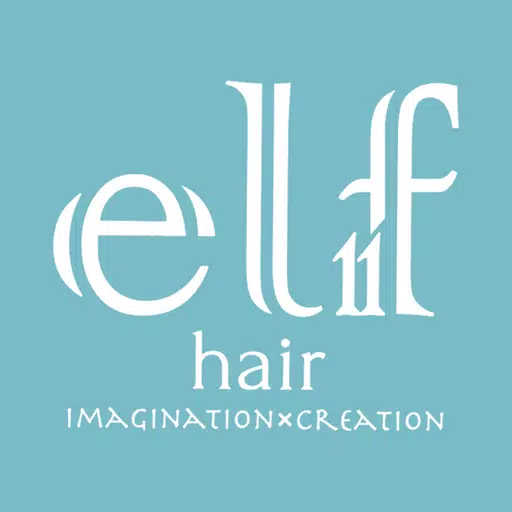




![Roblox Forsaken Characters Tier List [UPDATED] (2025)](https://img.actcv.com/uploads/18/17380116246797f3e8a8a39.jpg)

